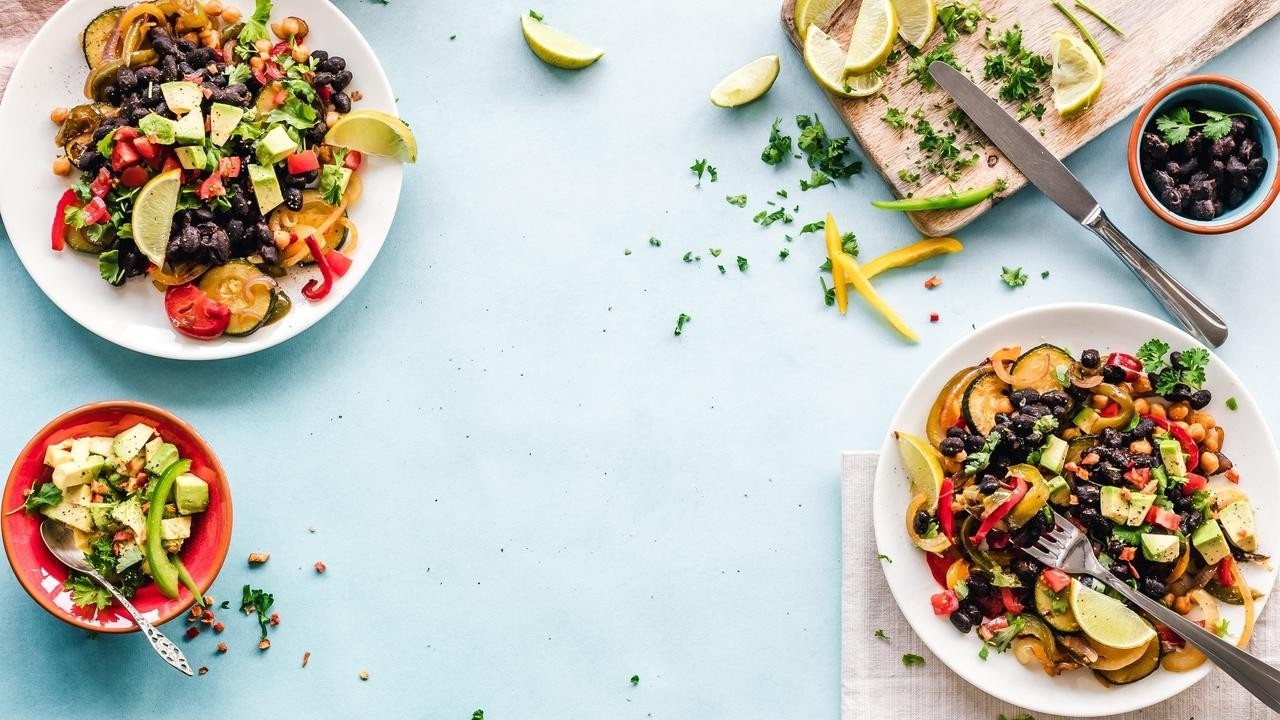Are All Veggies Good For You?

As a child they were what you had to finish before you could leave the table. Or get dessert - which was, of course, much more motivating.
Those last few broccoli florets or brussel sprouts staring up at you.
Your mom insisting that they are just what you need to make you big and strong.
via GIPHY https://giphy.com/gifs/54Y38YdCPe58XA0FpJ/html5
But are all veggies healthy?
I’m not talking about organic vs. non-organic because that’s a whole other conversation. But are some veggies inherently less healthy than others?
It depends. On you.
You see, our metabolisms don’t all work the same as we age. That’s fairly evident by the different metabolic diseases we contract including obesity and diabetes.
Vegetables can be categorized in a variety of ways, but for our purposes an easy and useful one is as follows:
- Leafy greens - iceberg lettuce, romaine lettuce, endive, spinach, collards
- Cruciferous vegetables - brussel sprouts, cabbage, kale, cauliflower
- Root vegetables - beetroot, carrot, parsnip, radish, potatoes, yams
- Starchy vegetables and legumes - corn, peas, beans, lentils and chickpeas
- Nightshades - eggplant, peppers, tomatoes (technically, these 3 are actually fruit)

The categories that I would like to direct your attention to are the root vegetable and starchy vegetable categories. Both contain an abundance of vitamins, minerals, and fiber. Root vegetables grow underground and absorb a fair amount of nutrients from the soil. They also store edible starch.
Along with the root vegetables, the starchy vegetables also contain a lot of edible starch. Starch is how plants store carbohydrates. Carbohydrates are sugar.
You may have noticed that the vegetables listed in those two categories are especially yummy. That’s because they contain significant amounts of carbohydrates. That’s not a bad thing…unless your metabolism doesn’t handle carbs very well.
Who doesn't handle carbs well?
When you have diabetes or pre-diabetes, you have some degree of carbohydrate intolerance -- your body doesn’t metabolize a carb load in a healthy way. It is limited in what it can do with that amount of sugar.
With carbohydrate intolerance, you want to manage the number of carbs you consume very carefully. If you don’t, you are likely to see weight gain, high blood sugars, and progression of your diabetes.
Even though you are eating your veggies (and mom would be proud), you should steer clear of root and starchy vegetables if your metabolism can’t handle carbs.
Broccoli and brussel sprouts however, are still a-okay!




